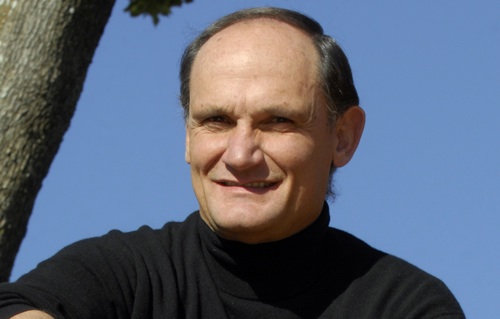
R5m. That’s how much Vodacom paid its former CEO, Alan Knott-Craig, to restrain him from working for or advising competitors in the telecommunications industry. He was paid this money after he retired.
Included in the amount, which is disclosed in Vodacom’s 2010 annual financial report, released this week, is payment to Knott-Craig for any advice and assistance requested by his successor, Pieter Uys.
The group has also disclosed in the annual report that it paid Knott-Craig nearly R12m in respect of a deferred bonus incentive scheme that accrued to him while he was still an employee of Vodacom, bringing the total payments after he’d retired to about R17m.
“Knott-Craig resigned from Vodacom at the end of March 2009. The group entered into an agreement with him, which came into effect on 1 April 2009. [It] has a two-year term and expires on 31 March 2011. The ex-director received an amount of R4 997 398 for contract service fees,” according to the annual report’s remuneration report.
The Sunday Times broke the news of Vodacom’s restraint payments to Knott-Craig in a front-page article in February, though it reported incorrectly that he was earning R1m/month in terms of the agreement.
According to the newspaper, Vodacom did not have an “ironclad restraint-of-trade agreement with its former CEO when he retired”. There was concern that Knott-Craig would be poached by Telkom, which was in the early stages then of building its own mobile network.
Knott-Craig told TechCentral in April that the agreement with Vodacom “prohibits me from working in any way for any company in the ICT industry in SA, and in effect totally prohibits me from seeking employment in my field of expertise”.
At the time, Knott-Craig declined to say how much the agreement was worth.
Vodacom has also disclosed that it paid Uys R10,7m in the 2010 financial year, down from R14,1m in 2009. Vodacom SA MD Shameel Joosub took home R9,5m, from R18,7m previously. And new financial director Rob Shuter was paid R14,2m, though R8,4m of this amount was a once-off payment to restrain him. — Duncan McLeod, TechCentral
- Subscribe to our free daily newsletter
- Follow us on Twitter or on Facebook




